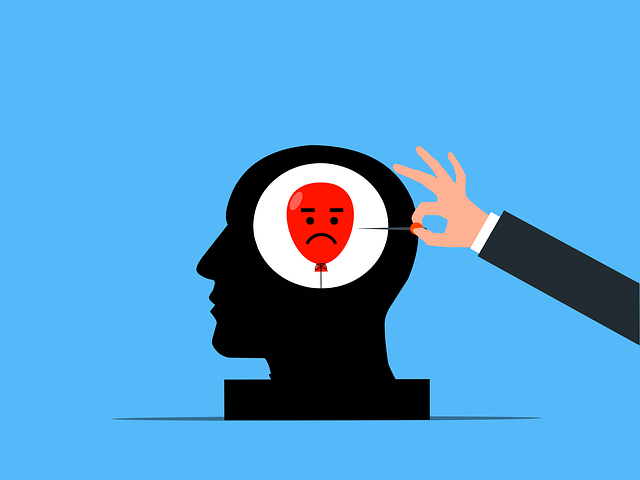Positive relationships are those that are characterized by mutual respect, trust, and support. They are relationships that bring joy and fulfillment to our lives, and they play a crucial role in our mental health and well-being. Positive relationships can be with family members, friends, romantic partners, or even colleagues. They are essential for our emotional and physical health, and they help us navigate the challenges of life.
The Benefits of Positive Relationships
 Positive relationships have numerous benefits for our mental and physical health. They can improve our emotional well-being by providing us with a sense of belonging and connection. When we feel connected to others, we are less likely to experience feelings of loneliness or isolation. Positive relationships can also increase our self-esteem and confidence by providing us with positive feedback and support.
Positive relationships have numerous benefits for our mental and physical health. They can improve our emotional well-being by providing us with a sense of belonging and connection. When we feel connected to others, we are less likely to experience feelings of loneliness or isolation. Positive relationships can also increase our self-esteem and confidence by providing us with positive feedback and support.
In addition to emotional benefits, positive relationships can also have a significant impact on our physical health. Studies have shown that people with strong social connections have better cardiovascular health, stronger immune systems, and lower rates of chronic diseases such as diabetes and hypertension. Positive relationships can also increase happiness and life satisfaction by providing us with a sense of purpose and meaning.
How to Build Positive Relationships
Building positive relationships requires effort and commitment. It involves developing communication skills such as active listening, empathy, understanding, trust, honesty, shared interests, and values. Effective communication is essential for building trust and understanding in any relationship.
Active listening involves paying attention to what the other person is saying without interrupting or judging them. Empathy involves putting yourself in the other person’s shoes and trying to understand their perspective. Understanding involves acknowledging the other person’s feelings and experiences without necessarily agreeing with them.
Trust is built over time through consistent actions that demonstrate reliability and honesty. Honesty involves being truthful about your thoughts, feelings, and actions in a relationship. Shared interests and values provide a foundation for building common ground in a relationship.
The Impact of Positive Relationships on Mental Health
Positive relationships have a significant impact on our brain chemistry. They release hormones such as oxytocin, which is associated with feelings of trust and bonding. Positive relationships can also prevent mental health issues such as depression and anxiety by providing us with emotional support and a sense of belonging.
In addition to preventing mental health issues, positive relationships can also aid in recovery from mental health issues. They provide a supportive environment where individuals can feel safe and understood. Positive relationships can also help individuals develop coping skills and strategies for managing their symptoms.
The Role of Positive Relationships in Stress Management
Stress is a common experience that can have negative effects on our mental health. Positive relationships can help manage stress by providing emotional support and practical assistance. For example, talking to a friend or family member about our stressors can help us feel less alone and more supported.
Engaging in stress-reducing activities with positive relationships can also be helpful. For example, going for a walk or engaging in a hobby with a friend or family member can provide a sense of relaxation and enjoyment.
The Role of Positive Relationships in Coping with Anxiety
Anxiety is another common experience that can have negative effects on our mental health. Positive relationships can help cope with anxiety by providing emotional support and reassurance. For example, talking to a trusted friend or family member about our worries can help us feel less anxious.
Engaging in anxiety-reducing activities with positive relationships can also be helpful. For example, practicing mindfulness or meditation with a friend or family member can provide a sense of calm and relaxation.
The Power of Positive Relationships
Positive relationships are essential for our mental and physical health. They provide us with emotional support, a sense of belonging, and a source of happiness and fulfillment. Building and maintaining positive relationships requires effort and commitment, but the benefits are well worth it.
By developing effective communication skills, building trust and honesty, and sharing common interests and values, we can build strong and positive relationships that will enrich our lives. Positive relationships can prevent mental health issues, aid in recovery from mental health issues, manage stress, and cope with anxiety. They are a powerful tool for promoting mental health and well-being.








